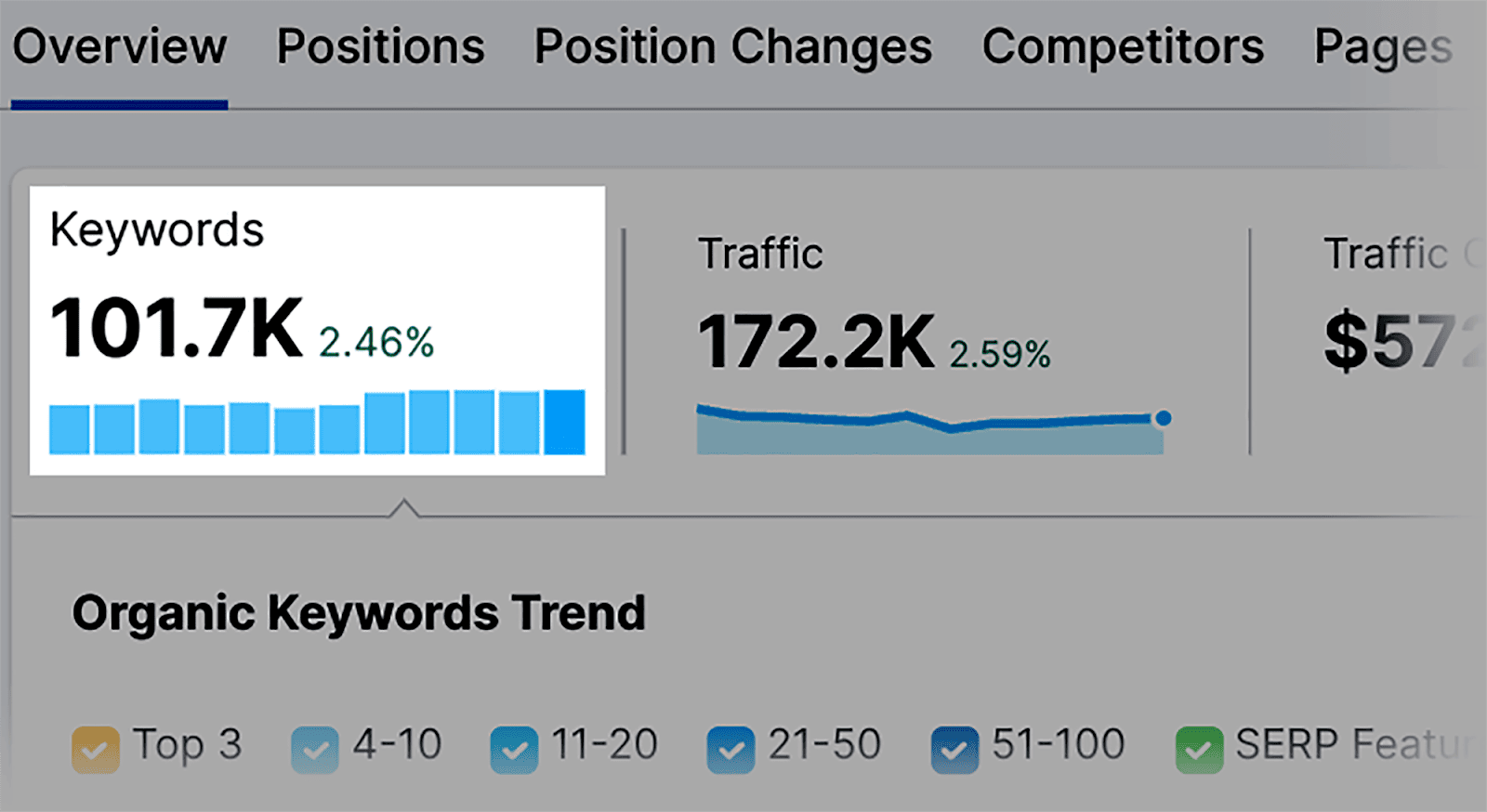Aladingsc Insights
Your go-to source for trending news and informative guides.
Climbing the SEO Ladder: How to Stay on Top of Keyword Rankings
Unlock the secrets to mastering keyword rankings and watch your site soar! Climb the SEO ladder with our expert tips and strategies!
Understanding Keyword Intent: The Key to Climbing the SEO Ladder
Understanding keyword intent is crucial for anyone looking to enhance their SEO strategy. Keyword intent refers to the purpose behind a user's search query, which can be broadly categorized into three main types: informational, navigational, and transactional. By recognizing these intents, you can tailor your content to meet the specific needs of your audience, ultimately improving your site's visibility in search engine results. For instance, when a user searches for 'best running shoes,' they are likely in the informational or transactional stage, looking for reviews or purchase options.
To effectively climb the SEO ladder, it's essential to align your content with the intended purpose of the keywords you're targeting. Start by conducting thorough keyword research to identify not only popular keywords but also their corresponding intent. Once you have this data, you can create content that addresses users' queries directly, whether it's through detailed guides, comparison articles, or product reviews. By prioritizing keyword intent in your SEO efforts, you enhance user satisfaction, decrease bounce rates, and increase the likelihood of conversions.

Top Strategies for Staying Ahead in Keyword Rankings
To effectively stay ahead in keyword rankings, it is crucial to conduct thorough keyword research regularly. This involves identifying not just the popular keywords but also the long-tail keywords that are often overlooked. Utilize tools such as Google Keyword Planner and SEMrush to uncover trends and search volumes. Additionally, monitoring your competitor's keyword strategies can provide insights into emerging opportunities. Keeping a close eye on ranking fluctuations can help you adjust your strategy proactively, ensuring you are always a step ahead.
Another vital strategy is to focus on optimizing your content for user intent. Search engines are increasingly prioritizing content that meets the needs of users, which means your articles should provide value and solutions to specific queries. Use semantic keywords and ensure your content is relevant and comprehensive. Incorporate engaging elements such as videos, infographics, and internal links to enhance user experience. Regularly updating older content with fresh information and better optimization can also help maintain your keyword rankings over time.
How Often Should You Update Your SEO Strategy to Maintain Keyword Rankings?
Maintaining keyword rankings requires a proactive approach to your SEO strategy. It's essential to regularly assess and update your tactics to adapt to the ever-evolving search engine algorithms and market trends. A general rule of thumb is to evaluate your SEO strategy at least quarterly—this allows you to make timely adjustments based on performance analytics and shifts in user behavior. By conducting these evaluations every three months, you'll ensure that your chosen keywords remain relevant and continue to drive traffic.
In addition to quarterly reviews, certain events may necessitate an immediate update to your SEO strategy. For example, if you notice a significant drop in rankings or traffic, or if there's a major update from search engines, you should take action promptly. Furthermore, when launching new products or services, it is crucial to integrate new keywords into your existing strategy. An agile approach towards updating your SEO strategy will not only help maintain your keyword rankings but can also open new avenues for organic growth.